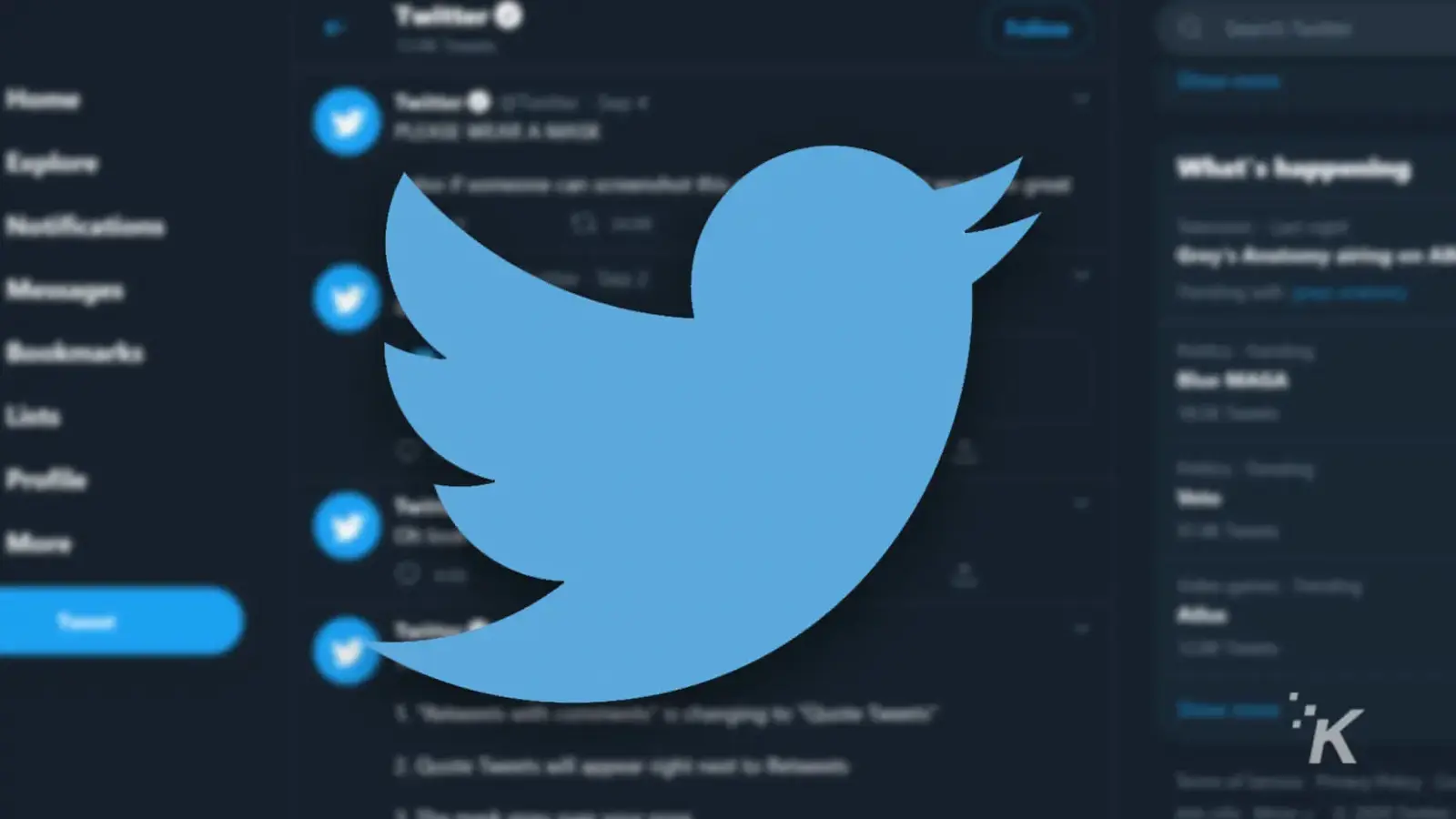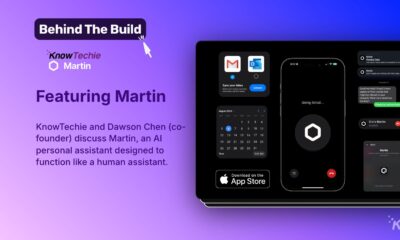News
Twitter will relaunch paid verification on November 29
Can Twitter sell verified accounts without also alienating users and advertisers? Elon Musk is willing to try.

Just a heads up, if you buy something through our links, we may get a small share of the sale. It’s one of the ways we keep the lights on here. Click here for more.
Elon Musk intends to re-launch Twitter Blue Verified accounts by the end of the month, the self-described Chief Twit said last night.
In a tweet, Musk timetabled the relaunch for November 29 in order to “make sure that it is rock solid.”
Twitter suspended its paid verification service after just one day, following a spate of verified fake accounts that impersonated existing corporate brands, including Lockheed Martin and Eli Lilly.
The first days of paid verification
One tweet from a fake Eli Lilly account promised to make insulin free of charge for all patients. The real company’s market value lost billions as a result.
Another damaging tweet claimed Lockheed Martin — the manufacturer of the F35 fighter jet — would cease working with nations accused of human rights abuses. It similarly saw its share price slump as a result.
According to Musk, the new version of Twitter Blue verification will see users lose their verified status if they change their name. Twitter will manually approve name changes to prevent hoax accounts.
This sounds good in principle, but Twitter is shedding employees as rapidly as it loses advertisers. It goes without saying, but manual verification requires human involvement. People, essentially.
Twitter could use contractors, much like Facebook uses third-party staff to moderate content.
This approach poses its own risks. These workers usually reside outside the US, often in countries like India and the Phillippines, and may lack the cultural knowledge required to spot a fake.
Content moderation is a low-paid, unfulfilling job. As whistleblower testimony has shown, it isn’t an environment that lends itself to thoughtful contemplation. Workers often have high quotas and are prone to mistakes.
This risk is heightened when you consider Twitter intends to make verification a core part of its business model.
If it intends to reduce the company’s dependence on advertising, which stands at around 90 percent of revenues, it’ll need to verify a lot of users.
Twitter’s plan for legacy blue checkmarks
Musk also shed light on his plans for “legacy” blue checkmarks — or accounts Twitter verified because they’re associated with high-profile figures in business, media, politics, or entertainment.
In a tweet, he confirmed these “legacy Blue checkmarks” will lapse in a few months, unless the owner signs up for an $8 Twitter Blue subscription.
Musk’s push to monetize verification may prove unsuccessful, but it’s necessary. The company faces an exodus of advertisers in the days and weeks following its acquisition.
The first emigrants consisted primarily of automotive manufacturers, who feared Tesla gaining access to sensitive business data.
The car industry accounts for a disproportionate amount of ad spending in the US, with more than half going to digital platforms (like Twitter).
Twitter’s subsequent mishandling of verification has deterred other advertisers. Eli Lilly, the aforementioned victim of a spoof account, suspended Twitter advertising earlier this week.
While Twitter’s future trajectory remains uncertain, these high-value advertisers won’t return. Or, if they do, they’ll spend less than before and require greater assurances from Twitter that their brands will be protected.
Twitter has to pivot. It needs to find something besides advertising. Even with its diminished headcount, the company needs money. Musk needs to repay the banks and investment funds that financed his acquisition.
Is paid verification the best way to accomplish that? As the evidence shows, probably not.
Have any thoughts on this? Carry the discussion over to our Twitter or Facebook.
Editors’ Recommendations:
- Twitter will no longer mention which device tweets come from
- Is Elon Musk bringing back Vine?
- Why a world without Twitter will be a better one
- This secret Facebook tool removes your phone number and email
































